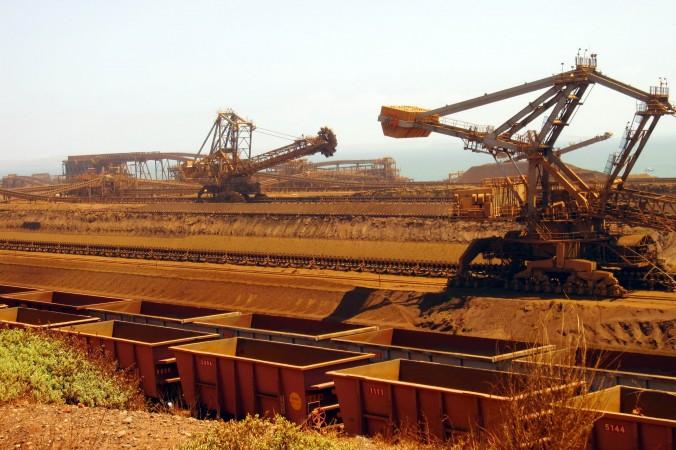The Australian federal budget improved considerably in May due to the extraordinarily high prices of the country’s commodities.
In the latest monthly financial statement released by the Department of Finance, the underlying budget deficit reached $33.4 billion (US$23.11 billion) in the month, much lower than the $60.5 billion previously predicted in the 2021-2022 Revised Budget.





